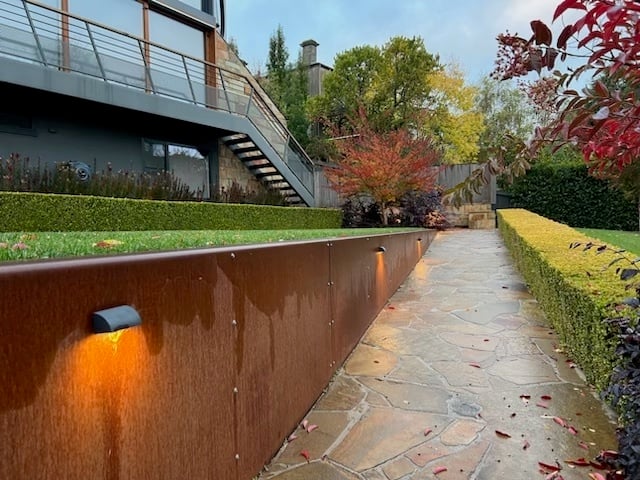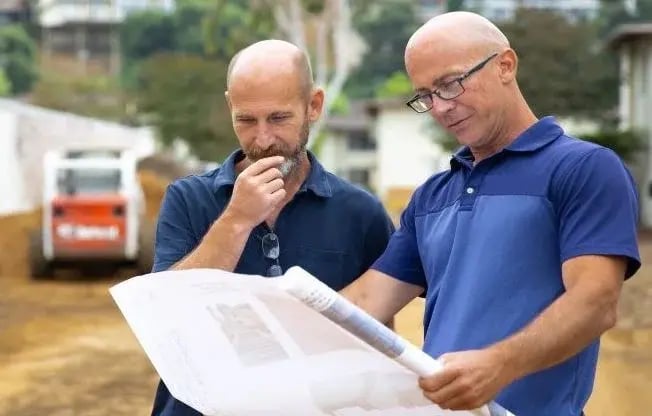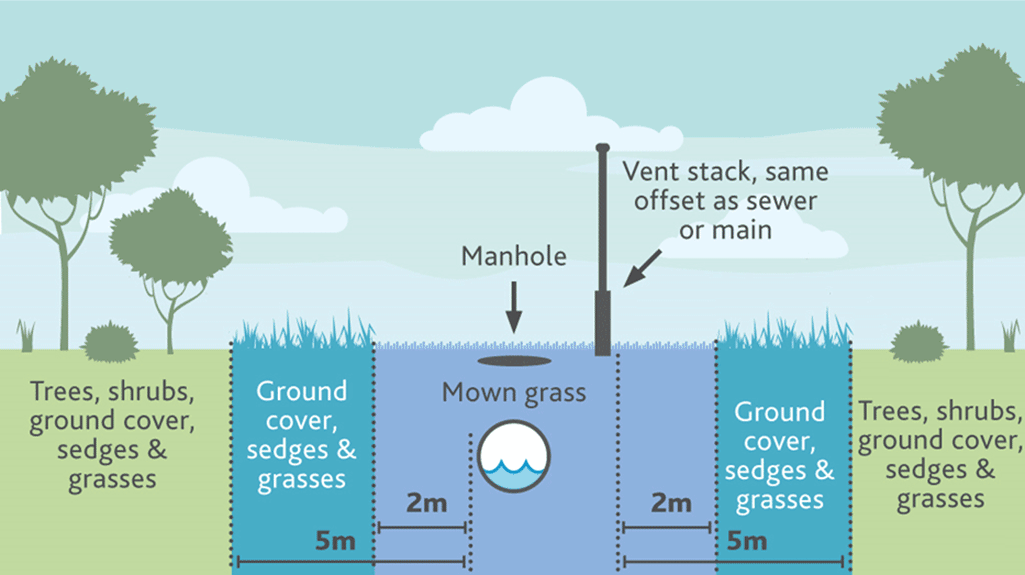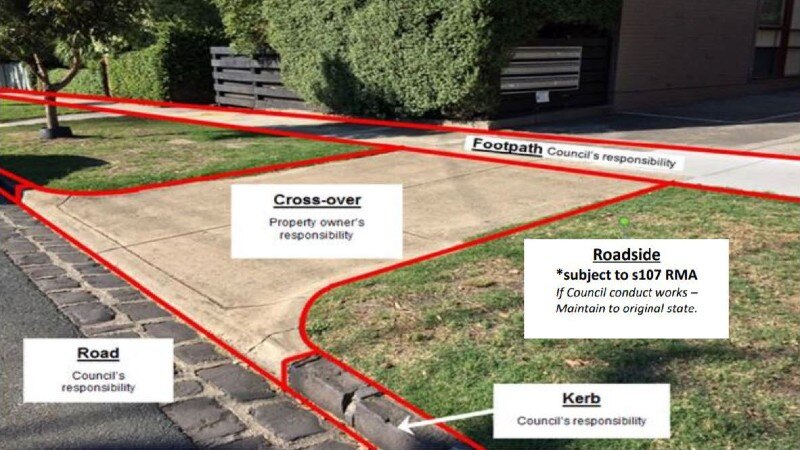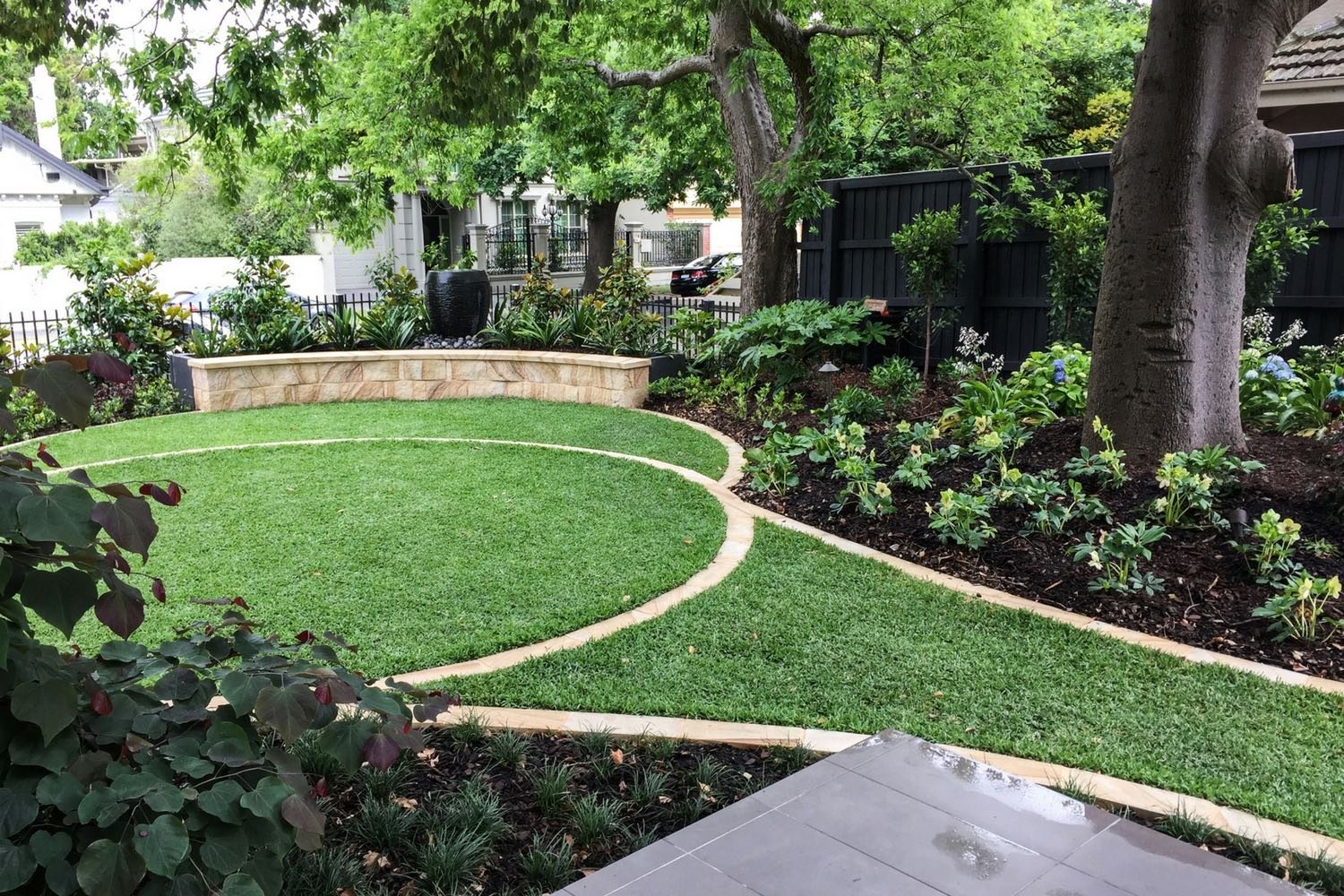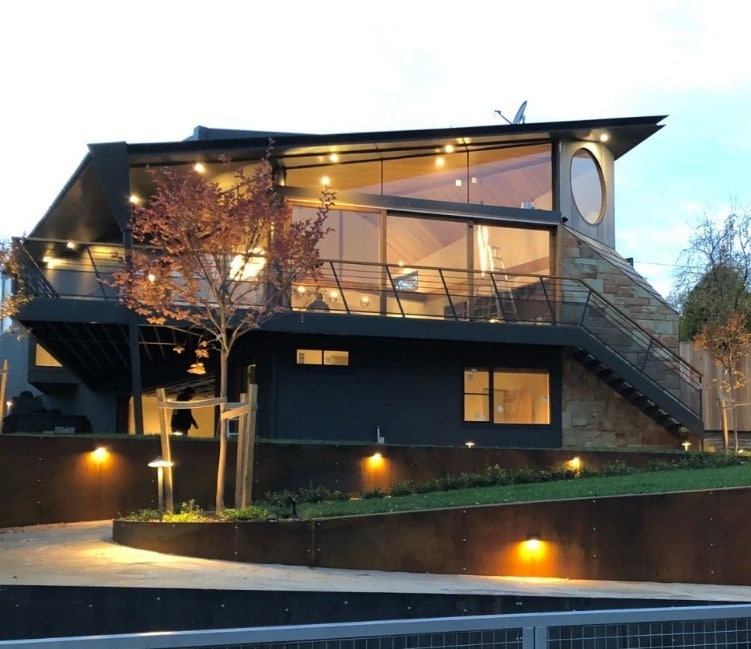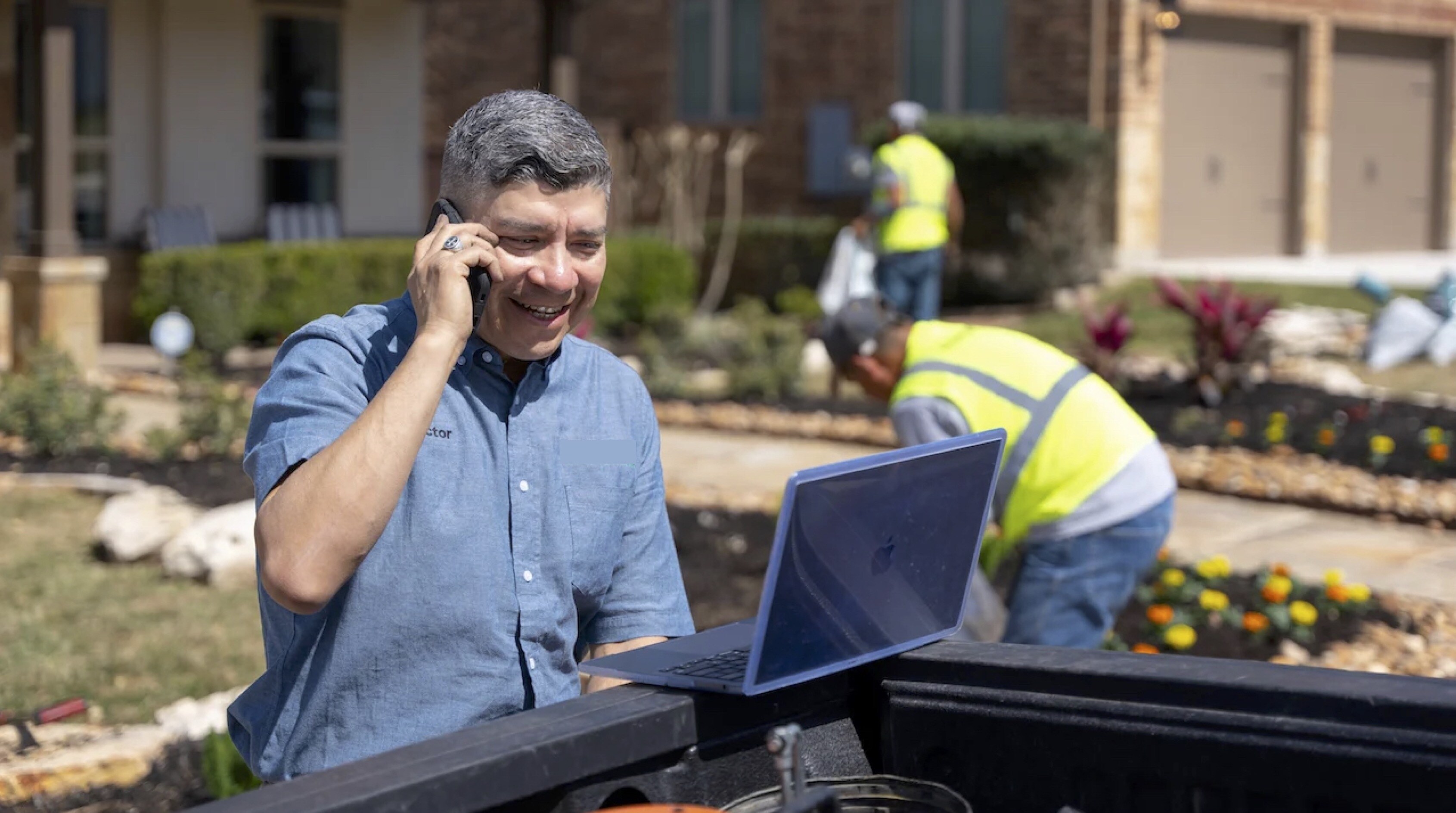
Are you considering engaging a landscaper to create a new garden for you? Are you looking at all the various differentlandscaping companies and wondering which one to choose? Would you like to feel confident that you've chosen the right landscaper?
With 30 years of experience under our belts, we understand the landscaping business very well. And we can tell you there are landscapers and then there are LANDSCAPERS.
In this article, we'd like to share with you a few things that some landscapers might be a little hesitant to reveal about themselves. We don't write this article to denigrate anyone but rather to help inform you if you are not experienced at dealing with landscapers as you may simply be ignorant of some facts which you are entitled to know
Let us say from the outset that many outstanding landscapers in our industry do fantastic work every day. However, the term landscaper can cover a wide variety of skills, abilities and experience. If you've never used one before you might not be aware of how vast the range of experience can be from one landscaper to the next and how this can affect your choice of the right one for your project.
How much landscapers can vary from one to another may be determined by:
- Their true level of experience and expertise
- Whether or not they can legally do projects like yours
- What kinds of projects they normally work on
- Whether or not your project would be better done by someone else
- The real reasons their quotes are so cheap
- Whether they will try to avoid getting permits for your job
- How they might cut corners to save money
- They tend to ask for bigger deposits than they should
Hopefully, this article will enlighten you on how to tell the difference between a professional, highly ethical, landscaper and one who might not fit that description
Lack of experience and/or expertise
The landscaping industry does offer an excellent apprenticeship scheme where many new entrants to the industry are given fantastic training under the stewardship of highly seasoned professionals.
However, not everyone comes into the industry through that path. Unfortunately, there is really nothing stopping someone from putting on some overalls, buying a ute and some tools, setting up a website and starting to call themselves a landscaper.
What this means is that it can sometimes be a little hard to tell if the landscaper you have in mind could fail some of these most basic tests:
- They haven't really built many landscape projects before
- They really just focus mostly on gardening work
- Their apprenticeship didn't really cover all the skills they needed to learn
- They haven't been involved in landscaping very complex projects
- They are only new to the industry and have much to learn
- They can't actually legally work on your project
(Full disclosure here. I was brought up by my dad who was a brickie. He instilled in me a sense of giving things a go, even if I wasn't sure how to do something. But he also taught me you never walk away from a job that isn't up to scratch. So I discovered there were many things I did that I thought were OK but I had to go back and fix them.)
Now if all you want to do is put down a garden path and a few garden beds, then by all means give a new person to the industry an opportunity to give it a go. But if the project you have in mind has a budget of several hundred thousand dollars, we suggest you consider someone much more experienced.
Legally they can't actually do your project
Many people who are inexperienced at dealing with landscapers are most shocked by this little-known fact.
If you have a landscaping project in mind worth $50,000 or more, you MUST have it done by a landscaper who is also a Registered Building Practitioner. (This is someone registered by the Building & Plumbing Commission - the BPC.)
Yes, even if that path, retaining wall, water feature and new garden beds are only a $50,000 project, you must have it done by a registered landscaper.
If you don't you can be in a world of pain if anything goes wrong with your project. You will have no insurance to claim on, landscaping industry bodies can't help you recover money if the landscaper fails to do the work and some of the work they do may have to be pulled down and redone by a registered landscaper if discovered by council or other authorities.
For more information on why using a Registered Building Practitioner is so important, please read this article:
What type of landscaper will I need for my new garden project?
They are only used to doing simple projects
If you have a simple landscaping project in mind, then by all means choose someone who specialises in simple projects.
But if your project actually requires a landscaper who is both registered and experienced with the type of project you have in mind, then it is best you ask the right questions to make sure the landscaper you are considering actually has the capability do to the job.
The key reason for this that many people don't realise is that it can be more expensive to fix mistakes in landscaping than to get it right the first time.
You want to know for certain that a landscaper is not experienced enough to tackle your project BEFORE you start, not during or after the project has been completed.
Because you will discover how costly it can be if they are not upfront about their experience.
Always ask to see evidence of and examples of projects they have done before. Ask for referrals from past clients or see what their Google reviews say!
Your project would be better done by someone else
No one in business likes giving away work opportunities. Sometimes they can be hard to come by. But the truth is that sometimes a landscaper SHOULD give away a job that is more suited to someone else.
If you approach a landscaper who normally works on projects upwards of $100,000 and you have a $20,000 budget, that landscaper should recommend you to someone else more suitable. It can be easier for a larger landscaper to refer small jobs on than it can be for smaller landscapers to refer on larger projects.
If that smaller landscaper doesn't have much work on and a large project comes their way with a big budget attached, it can be very tempting for them to take on the work because of the money involved. But that is where some landscapers can get in over their heads. And you don't want it to be on your project.
Sometimes a simple question like "Is this the type of project you normally work on?" might be all it takes to reveal whether or not they are really suited to your project or not.
Why their quote is so much cheaper
Like many things in life, it can be very hard when getting competitive quotes to find out if you are actually comparing apples to apples.
This is particularly true of landscaping works.
We have had clients who have told us our competitor's quote was 50% cheaper than ours. (Usually, we ask to see the quote to find out how this is possible because it is not normal to have such a big discrepancy.)
In the most shocking case we know of, our landscaping competitor had quoted a job for materials only without any labour costs at all! No wonder it was so cheap. But the client had been hoodwinked by the bottom line.
Another trick used in getting cheaper quotes is to swap an exposed aggregate concrete driveway for a gravel one. Or swap out true rendered walls for just a sponged mortar. Or build the pergola with 90x90mm posts instead of 200x200mm posts.
Using cheaper materials can bring a quote down dramatically but a garden is built for decades of enjoyment. It simply won't last if it's cheaply built.
So if one of your landscapers' quotes does come in surprisingly cheap, best to ask some very probing questions to understand what you are really buying.
They plan to ignore permits
If you are unfamiliar with getting landscaping work done, you would be shocked to realise how many rules and regulations govern the landscaping industry these days. And how many permits are required for what can seem to be a relatively simple project.
We recently designed a garden for a client which included a verandah. Our quote to build it included the fact that we would require an engineer to assess the materials and construction methods being considered. We also allowed for a building permit from the local council.
The client decided to ignore our recommendation and chose another landscaping company to build the pergola without engineering or a permit. The risk is that this client will now need to keep on the very best terms with their neighbours because if they don't, one simple call to the local council about a verandah constructed without a permit, could lead them into a world of pain. They might also experience this when they go to sell their house.
Councils tend to have a very simple rule about things like this. If it was built without a permit, the default setting is, thatyou have to pull it down.
Engaging a landscaper who ignores regulations and permits is a perilous task. Even building a new front brick fence may require an Asset Protection Permit, a Council Report & Consent and a Building Permit. Without these, if you have landscapers standing on the footpath building the fence, the council may fine you and then make you jump through a number of additional hoops you would not have had to tackle if you had applied for a permit in the first place.
When engaging a landscaper always make sure you ask them, which aspects of the project may require permits and double-check if doubtful.
They plan to hide how they will cut costs
You are not an expert in landscaping. So for the unscrupulous landscaper, there are many ways they can cut costs without you even noticing.
For example, they can choose to use a thinner gauge of reinforcing mesh than they should in the concrete they pour because it is cheaper to buy. They may also simply lay sand down, instead of crushed rock for a base under the concrete. Or they may even pour a thinner slab of concrete than they should. All of these tricks and many more, are ways in which you might not even notice that they are cutting corners on your job. But a few years down the track will start to see the effects as your too-thin concrete starts to crack and parts of it tilt from sinking into the sand.
One way to ensure that your landscaper is not going to hide cost-cutting tricks from you is to ask if they will be using an engineer on your project to specify certain materials and construction methods. Engineering is very common on larger landscaping projects now and ensures that work is done to established building standards and industry codes.
They ask for a bigger deposit than allowed
Perhaps the greatest argument in favour of engaging only a registered landscaper is that we are governed by some very strict rules on how much of a deposit we can ask for.
Unregistered landscapers can ask for whatever deposit they like.
We are restricted to no more than 5-10% of the total value of the project. But we have heard of unregistered landscapers asking for deposits of 30, 50 even up to 70%!!
With a registered landscaper, you are legally protected as we are not allowed to ask you for any payments at all unless it is for work that has been done or materials that have actually been delivered to site. A cash-strapped, unregistered landscaper usually asks for a big deposit upfront because they pay for everything in cash and can't get anything delivered to site without paying for it first. If they don't ask for a big deposit first you might find them constantly asking for cash payments throughout the job to keep the work going.
A professional registered landscaper will manage their cash flow properly and have accounts with all their suppliers. Thisshould ensure that all materials required on-site can be delivered on time so as not to delay the project.
A cash-strapped landscaper who does all their work for "cashies" often has poor cashflow management meaning your materials can be held up, ultimately prolonging a project and costing you in the long term.
Conclusion
As you can probably gather, the answer to avoiding any of these pitfalls lies in simply asking the right questions.
Ask enough questions of the landscaper you are considering and you should be able to ascertain whether they have the right skills, experience and ethics for your project.
Engaging a landscaper is about establishing a good relationship. If you and they both work towards the same goal, with the same purpose and the same attitude it can be a wonderful experience. And you can end up with the dream garden you always wanted. But if one party isn't playing their part in the project, it can quite simply be a nightmare.
If you would like a second opinion on any landscaping project you have in mind or want someone to take an obligation-free look at a quote you've received, we are more than happy to do so. Or if you have any further questions about landscaping, in general, you would like answered, we are more than happy to answer them for you.
Please feel free to contact us by phone or email here
Articles covering Landscape Design and Construction in Melbourne...
Is Whyte Gardens the right choice to landscape your garden?
What is the true value of a landscape designer?
What to do next after you engage your landscape designer?
Founder of Whyte Gardens
Topics:

